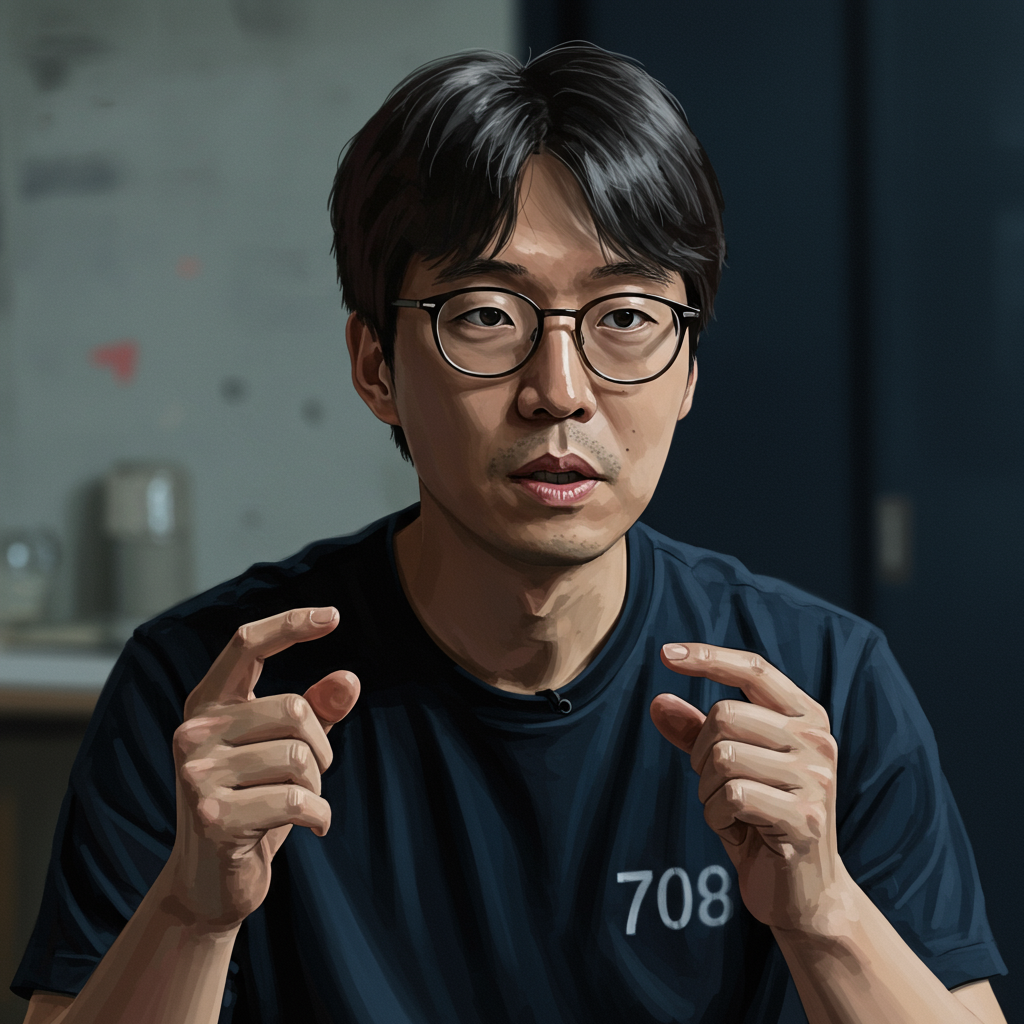Prosecutors in the high-profile federal trial of Sean “Diddy” Combs have informed the court they will no longer pursue specific theories related to attempted arson and attempted kidnapping. This development comes as the sex trafficking and racketeering case against the music mogul nears its conclusion, with closing arguments on the horizon.
The decision was conveyed to Judge Arun Subramanian in a letter filed with the court. These particular allegations were initially included as potential supporting “predicate acts” for the government’s central racketeering conspiracy charge (Count One) against Combs.
Simplifying the Case for the Jury
According to the prosecution’s letter, the move to step away from these specific attempted arson and attempted kidnapping theories aims to streamline the instructions provided to the jury. Legal experts suggest this is a tactical decision often made in complex cases to simplify the presentation and minimize potential confusion for jurors during deliberation. It is not equivalent to dropping the core racketeering charge or other counts.
Former federal prosecutors note that while the government is no longer pursuing the attempted acts as legal theories, the jury still heard testimony related to these events. For example, witness testimony touched upon the firebombing of Kid Cudi’s (Scott Mescudi’s) car and alleged kidnapping incidents involving former associates. These events could still be referenced in the context of the overall alleged criminal enterprise or potentially argued as other predicate acts within the racketeering charge, such as completed arson or kidnapping, depending on the legal strategy.
What Remains in the Racketeering Charge?
Despite the narrowing of specific theories, the core racketeering conspiracy charge against Combs remains potent. The indictment alleges Combs engaged in a criminal enterprise that included various illegal activities, such as:
Transportation for purposes of prostitution
Witness tampering
Bribery
Forced labor
Drug-related offenses
To secure a conviction on the racketeering charge, the prosecution must convince the jury unanimously on at least two of the alleged predicate acts.
In addition to the racketeering count, Combs faces separate charges, including sex trafficking and transportation to engage in prostitution. He has pleaded not guilty to all charges.
Key Testimony Heard During the Trial
Over the six weeks of the trial, prosecutors presented extensive testimony from 34 witnesses, including former employees and ex-girlfriends, seeking to portray Combs as operating a criminal enterprise through his businesses. Much of the testimony focused on allegations relevant to the remaining charges:
Witnesses described orchestrated sex sessions referred to as “freak offs” or “hotel nights,” often involving male escorts, drugs, and voyeurism.
Testimony detailed alleged instances of physical and emotional abuse.
A former assistant testified about regularly procuring drugs for Combs.
Witnesses, including ex-girlfriends Cassie Ventura and a woman identified as “Jane,” provided emotional accounts alleging coercion into participating in these activities through threats, control, and financial incentives. Jane’s testimony included graphic details of alleged abuse, orchestrated sex acts, and the physical toll they took.
Testimony also touched upon events previously linked to the attempted theories, such as Kid Cudi alleging his car was set on fire after a dispute involving Combs, and a former assistant testifying about an alleged incident where she was kidnapped at gunpoint and taken to Kid Cudi’s home.
Defense Strategy and Trial Nearing End
The defense team for Sean Combs rested its case without calling any witnesses, opting instead to rely on evidence presented during the prosecution’s phase and focusing on cross-examination to challenge witness credibility and the government’s narrative. Combs himself chose not to testify.
With the prosecution having rested its case and clarified its approach regarding the attempted arson and kidnapping theories, attorneys are meeting with the judge to finalize jury instructions. Closing arguments are scheduled to begin shortly, after which the case will be handed over to the jury for deliberation.

